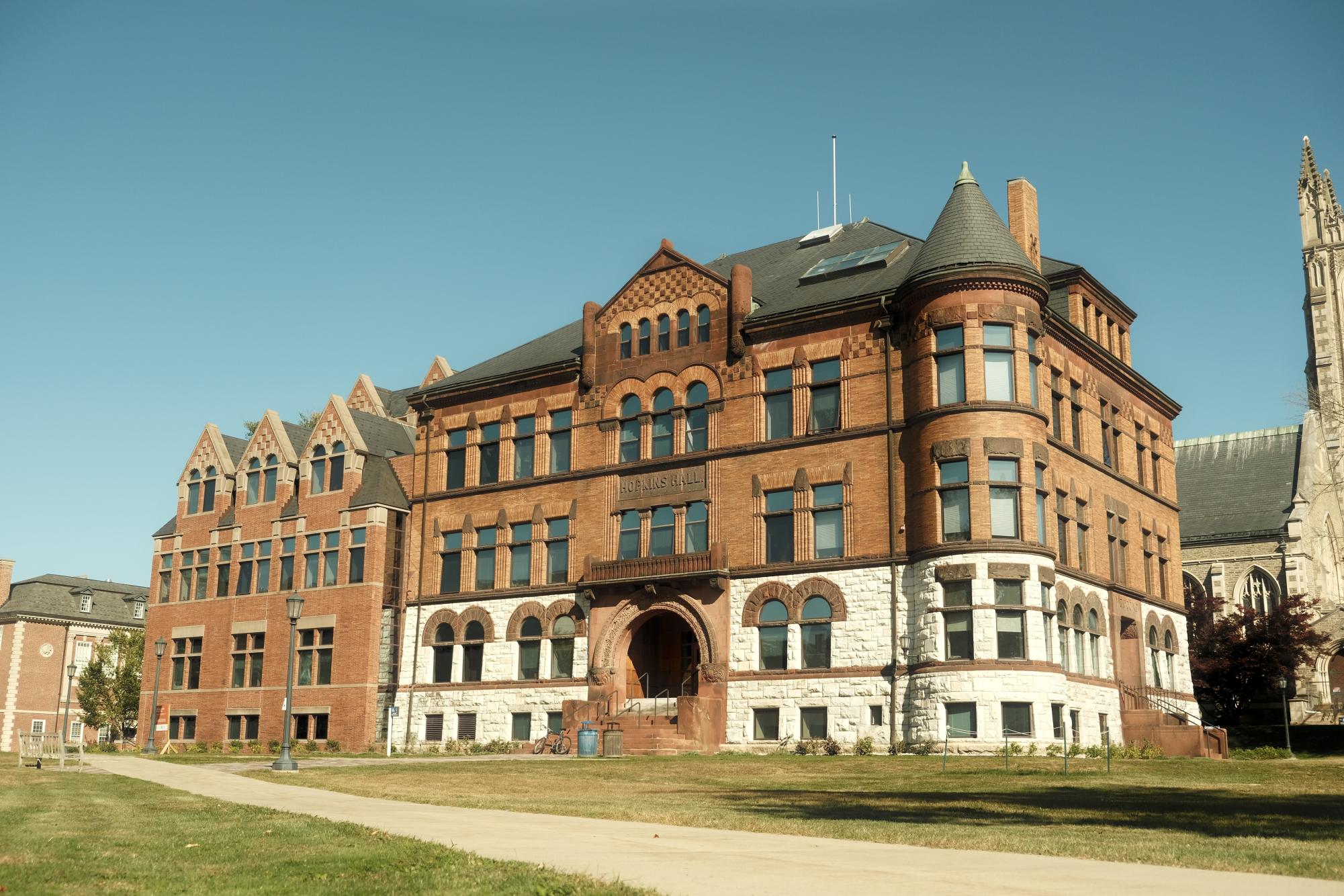
The Office of the Dean of the College will handle all social misconduct violations starting in the 2025–26 academic year. “Social misconduct” refers to a set of behavioral violations of the Code of Conduct, such as hazing, harassment, and prohibited use of drugs and alcohol. Previously under the purview of the Honor and Discipline Committee, an elected body of students and faculty, social misconduct will now be adjudicated without student input. The change follows the dissolution of the Honor and Discipline Committee and the institution of the Committee on Academic Integrity (CAI).
Serious social misconduct will be now adjudicated via a hearing with a panel of faculty and staff. The Ad Hoc Committee on Academic Integrity recommended this change before it dissolved last spring. However, under both the old and new policies, minor social misconduct cases — the majority of infractions — do not require a disciplinary hearing.
Minor violations will be adjudicated through individual meetings between the students and staff from Student Life and Leadership, similar to before the policy change. More serious violations will prompt hearings with faculty members and staff, according to Dean of the College Gretchen Long. “We typically only have 2-4 cases that go through a formal disciplinary process, which would go to a committee for a hearing,” Long wrote in an email to the Record.
According to the College’s website, social misconduct offenses are “violations of the Code of Conduct that do not fall within the scope of either the Honor Code or the Sexual Misconduct policy.”
“I would describe social misconduct as actions that violate the safety of others in the community or campus values — anything that gets in the way of having a supportive and respectful community,” CAI co-chair Harper Treschuk ’26 told the Record.
Long wrote that violations can include harassment, property damage, and threatening behavior.
The change will have little effect on the adjudication of lower-level infractions, Treschuk said. Previously, few cases reached the level of a Honor & Discipline hearing. “The things that go to social misconduct hearings are the more severe, aggravated examples,” Treschuk said.
“[Honor & Discipline] would only have a hearing if it was pretty egregious,” she continued.
The dean’s office played a fairly minor role in these Honor & Discipline hearings, Treschuk said. “Dean Bukanc, the Senior Associate Dean, would facilitate the process, training the hearing panel and preparing the accused student[s] for the hearings,” she added. The Faculty Chair would lead and advise each meeting.
Treschuk noted that judging social misconduct hearings previously presented an uncomfortable situation for students on Honor & Discipline. “There’s always a little bit of discomfort, serving on the committee and holding your peers accountable,” she said. The new policy will take the pressure off students to adjudicate their peers’ social misconduct.
The change also represents a positive shift towards student privacy, according to Long. “Social misconduct cases often involve extremely sensitive information that students have a right to keep private from other students,” she wrote.
In the past, the number of cases serious enough to warrant a hearing has been modest. In the 2023–24 school year, a total of 54 cases of social misconduct were brought forward — 50 of which resulted in informal warnings for “minor violations related to underage drinking, marijuana possession/use, disruption, and copyright infringements,” according to the Office of the Dean of the College. Four resulted in disciplinary action.














